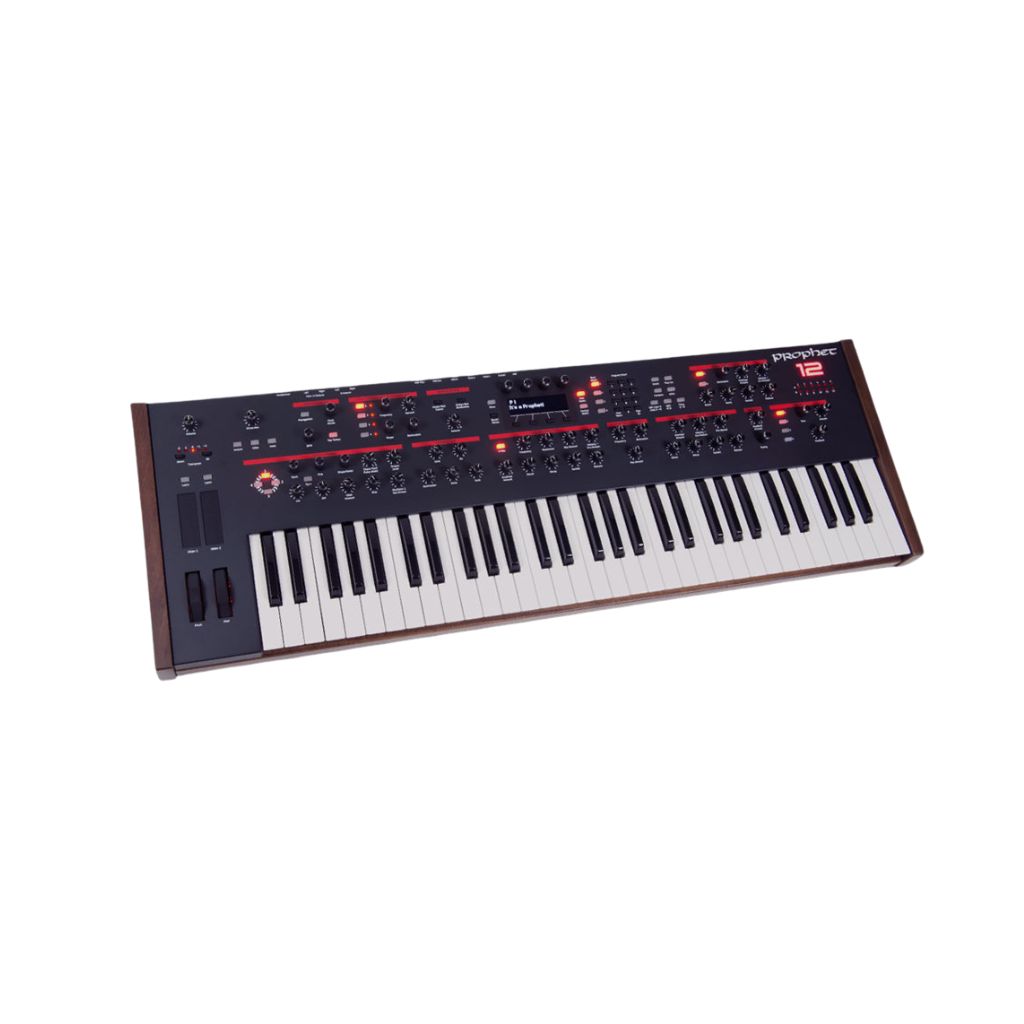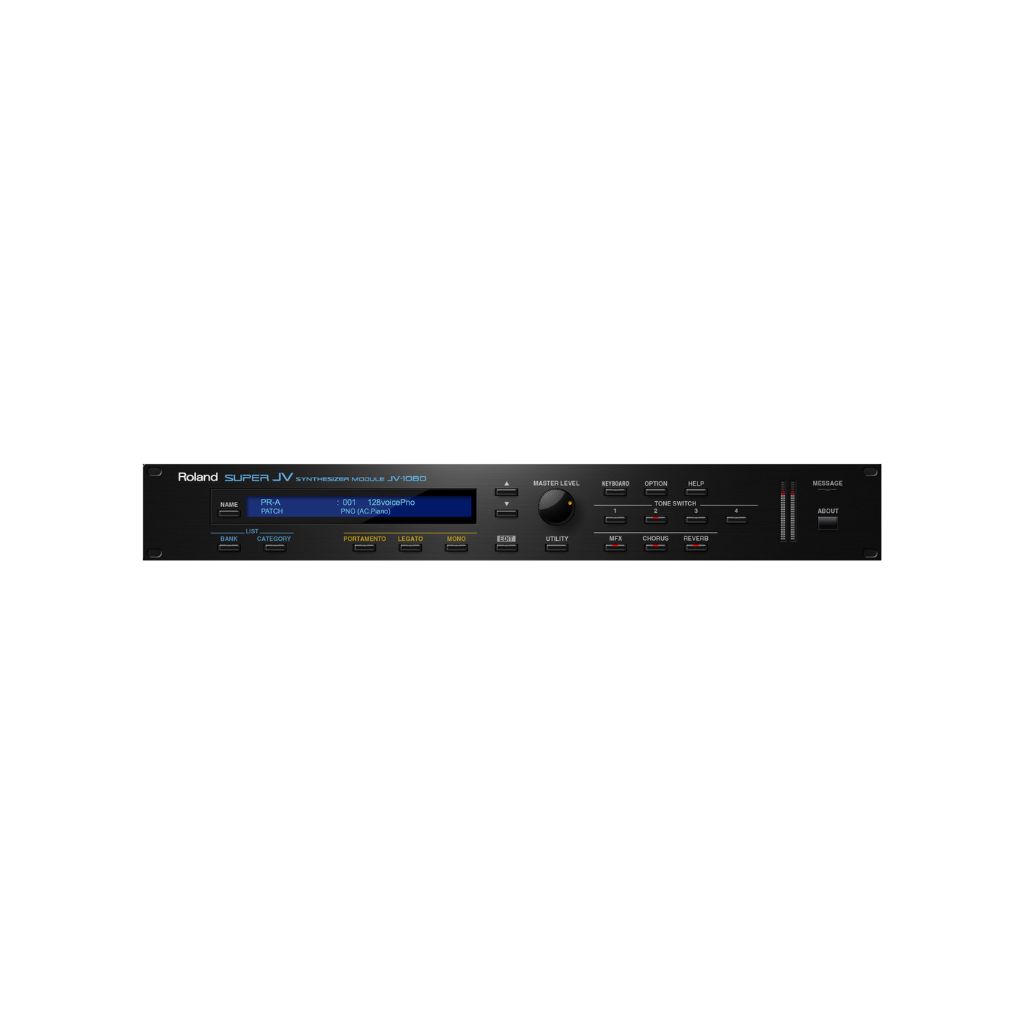Meet Porij, the Coldplay-supporting new-rave band who are all about “dance music live”
The Manchester-born electronic four-piece discuss the creation of their debut album ‘Teething’ and working with legendary producer David Wrench.
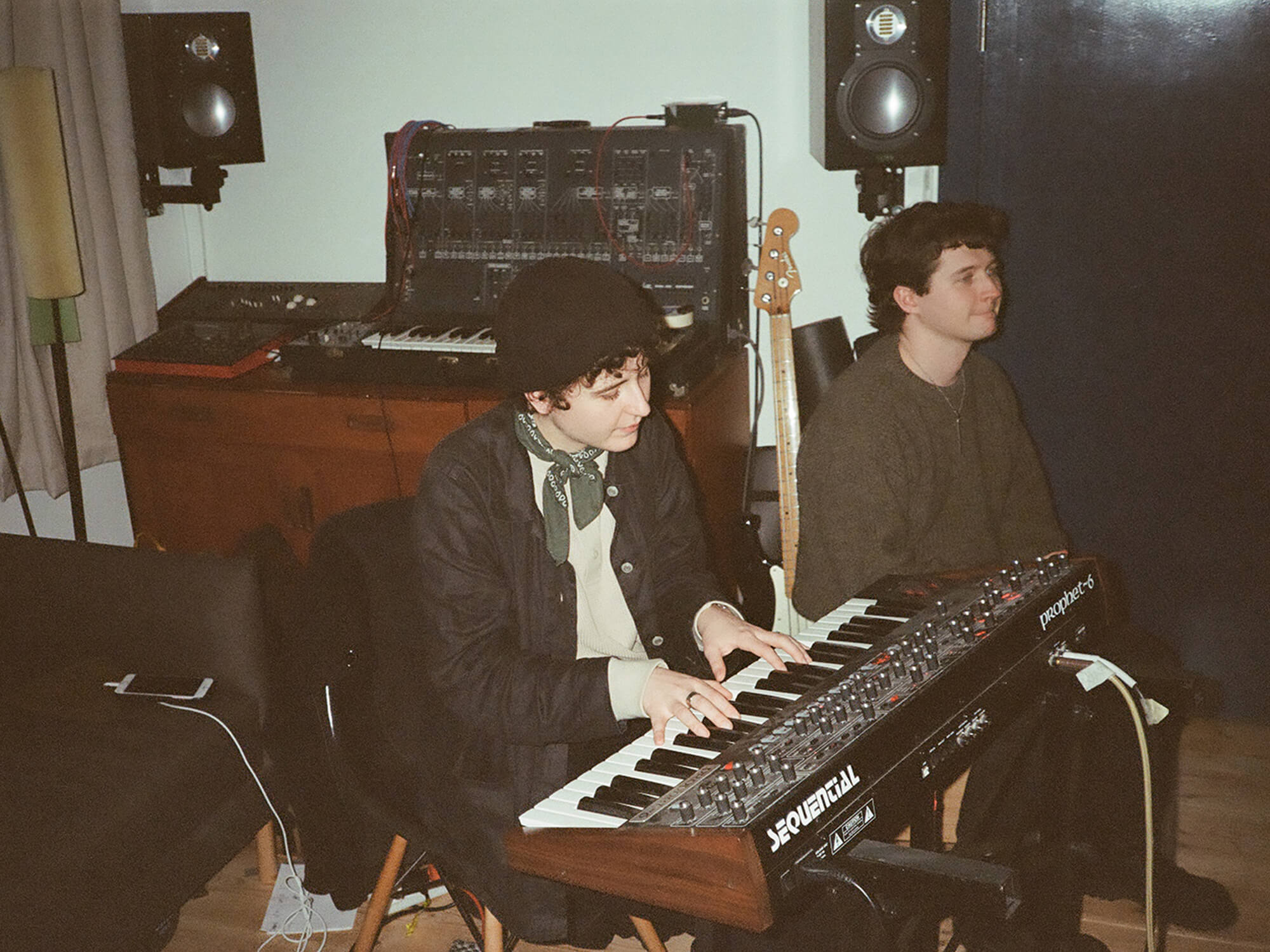
Porij, Credit: Zak Watson
Featured in this article
Dance music live: that’s the ethos of Manchester-formed, London-based electronic quartet Porij. Having attended the Royal Northern College of Music together, they formed a band with this goal in mind. “The idea was to get the energy of a club night, but at a gig,” begins vocalist Egg Moore.
After some jam sessions in 2019, a friend offered them a gig following a last-minute drop-out. Despite the gig being booked with just one week’s notice and not having a live show plan, they said yes and wrote a set in a week.
The ‘fake it ’til you make it’ approach worked, but they also needed a band name. Having never expected to make a career out of music, they landed on the moniker Porij. “I don’t think I considered that we would be doing this seriously,” Egg laughs, recalling Lauren Laverne saying ‘Porij – how you’d spell it if you’re a five-year-old’ when she gave the band their first play on national radio by spinning 2019 track I Like That on her BBC 6 Music show.
Despite a line-up change a few years ago, Egg suggests that the band — also comprising bassist James Middleton, guitarist Jacob Maguire and drummer Nathan Carroll — “haven’t really stopped since”.
Egg isn’t wrong. While they scored a breakout hit with 2021’s Nobody Scared (taken from their second EP, Baby Face), last year these Power Rangers of music opened for Coldplay for a week of “fever dream” gigs at the Etihad Stadium in Manchester.
“It was a totally wild experience,” Egg reflects, adding that watching Chris Martin and co-perform live was an inspiration. “I had never seen a show on that level, so to get to experience that and be a part of that was crazy”.
When it comes to Porij, Egg says they have “eclectic tastes and, when we combine them all, what comes out is pretty exciting”. This melting pot analogy extends to their EPs to date, which have been hailed by critics as genreless. Porij doesn’t necessarily think about crafting songs with that intention. “We just write the music we want to write.”
At the core of their sound is dance music and a desire to perform live. As a result, Porij’s songs end up having subgenres of dance music embedded within them. “It might not be a straight-ahead garage tune, but so much of the influence of the drums and bass parts will be from a little two-step moment,” Egg says as an example.
Their debut album, Teething, is a natural extension of their infatuation with club sounds and live performances, having started recording after a summer of festivals and a headline tour in 2022. However, because the band members were all living separately they’d send ideas to each other via SoundCloud and suggest edits.
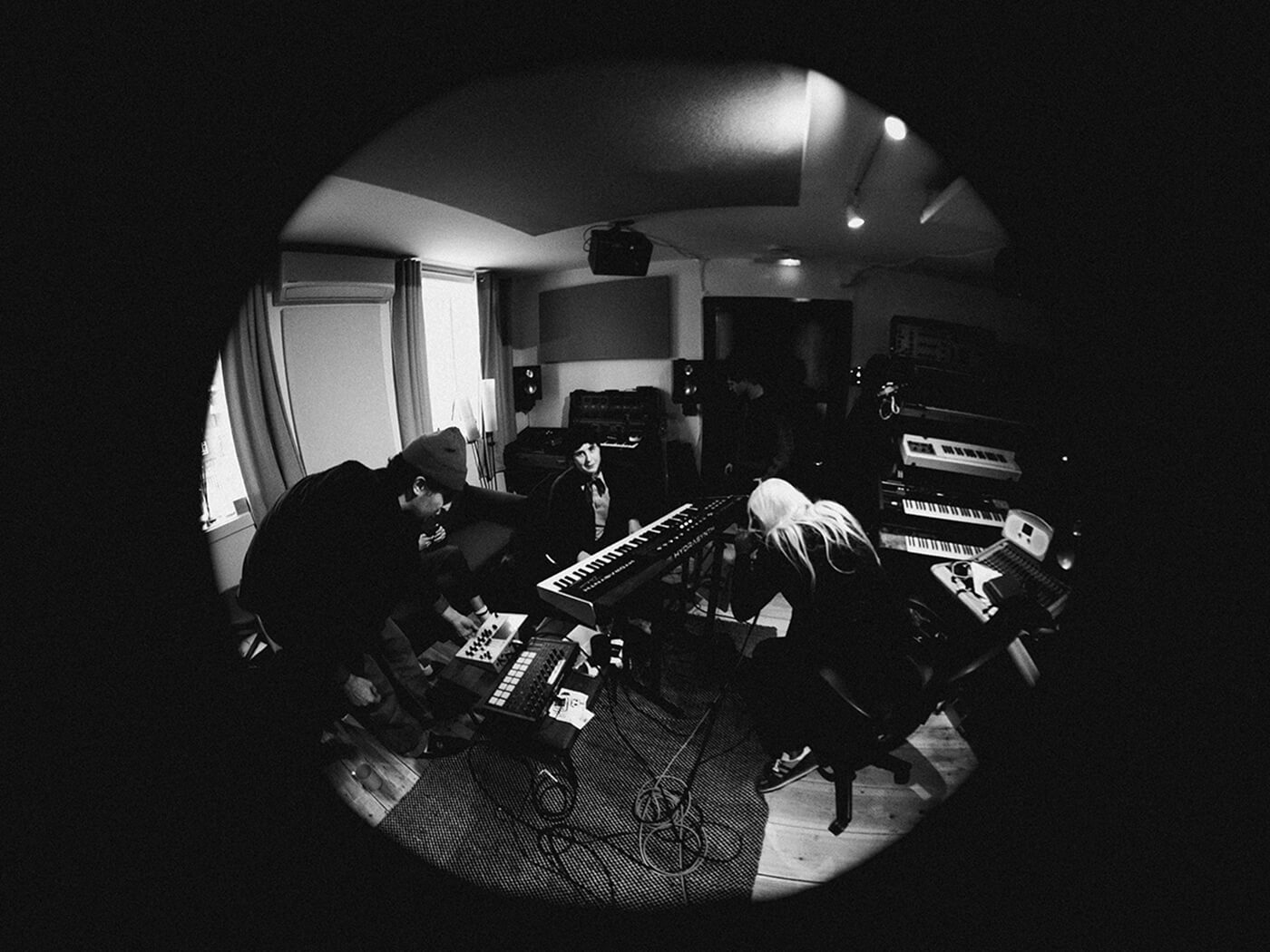
Image: Zak WatsonThis isn’t worlds away from their creative process as a band. Rather than the four of them sitting in the studio, it has “always been very back and forth”. The band enjoy this way of writing because, as Egg suggests, “it’s really collaborative but, also, you have complete space to do what you want to do. There’s no pressure, time-wise, in the sense of, ‘Oh, there’s three other people in the room, let’s make music’.”
Drummer Nathan agrees: “You can fully flesh out all of the ideas and experiment with different sounds and take the time, which is nice to be able to do – to have the space to be able to make 50 terrible ideas before you make one good one and then take it to the band.”
Egg adds, “We’ve taken the essence of our sound and had the freedom and luxury of doing a longer body of work to… crank up the gas.” Compared to the constraints of a short EP, Egg adds that “it’s been really fun to be able to present a fully three-dimensional vision of our sound”.
Key to achieving this sonic evolution was getting in the studio with David Wrench, who co-produced the entire record. After they had crafted the bones of all the tracks that would go on to form Teething, the band took the demos to the Grammy-nominated Welsh musician. However, because they had done everything in-house for so long, they were initially cautious. But any concerns were soon put to rest.
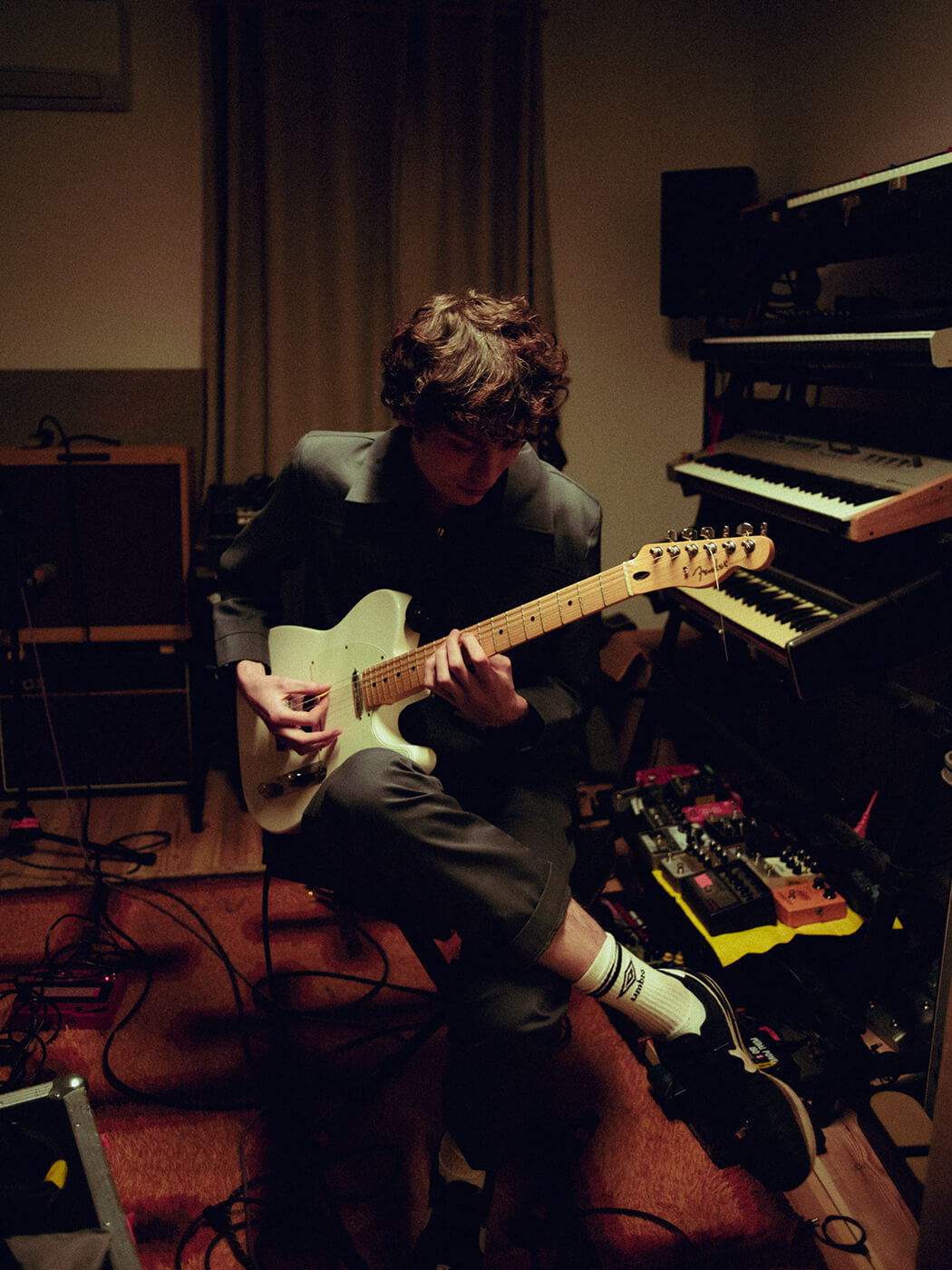
“What was so brilliant about David was that he came in and just enhanced what was already there,” Egg says. “It was a case of fully realising the songs with him,” Egg says, adding that, on and off, the band spent the best part of 10 months with Wrench. “With his brain and his actual gear, that allowed us the tools to express what we wanted to express, which was really exciting.”
As well as “making the tracks shiny and letting us use his sexy gear in his sexy studio”, Egg enthuses that “we learnt so much from him”, with the remaining band members nodding in agreement. Wrench always seemed to have the answers when they were struggling with something, Egg adds: “it would be really small things that we’d be stuck on and he’d be like, ‘guys, have you considered EQing it this way?’”
Nathan adds that being in the room with Wrench for almost a year and “experiencing his knowledge and demeanour around producing was infectious; when you self-produce and self-mix, you spend a lot of time on YouTube searching various Mix with the Masters videos… I’ve watched his quite a few times”.
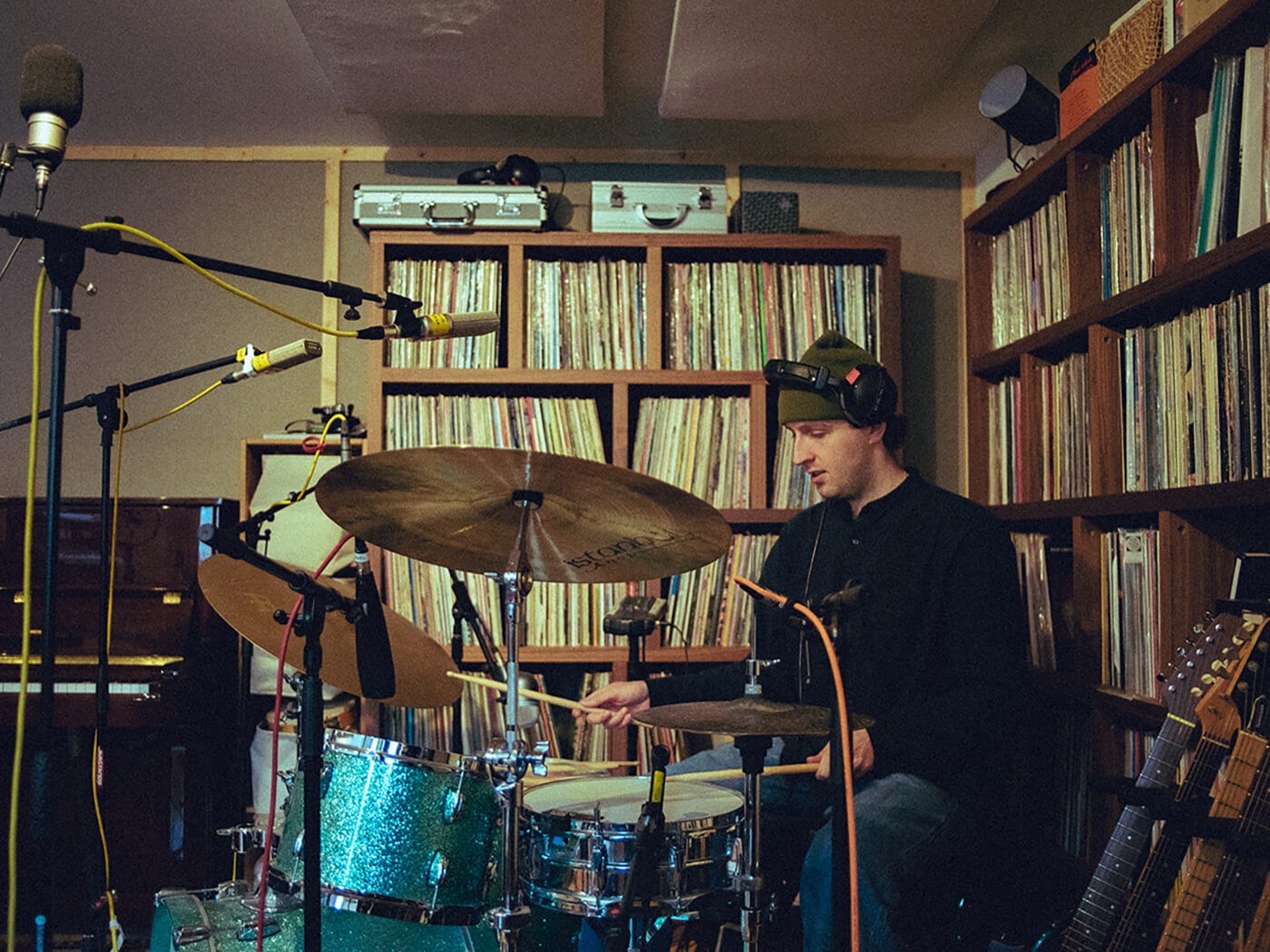
Egg reflects on the whole process as “a gift – to spend that amount of time working on something and really living the album, it meant that we could explore all the weird avenues we wanted to go down. And he was totally on board with everything. I think what made us all get along so well was that we were just like kids having fun in a room with a lot of toys for nine months. It was amazing.”
Among those toys was a bread knife and Egg’s necklace: “My favourite credit on the album is ‘kitchen percussion’. David had set up a microphone in the kitchen, and I literally threw everything at the kitchen sink and we recorded it, which made some delightful percussion on Gutter Punch.”
Another was the R2-D2 synth, the ARP 2600, which, bassist James Middleton gushes, has “filthy subs and monstrous low-end”, adding that it was used for much of the bass synth on the record. “That thing hits you straight in the chest,” Nathan adds; “you would feel yourself viscerally moving… and he’s got a very good subwoofer”.
Now that the album is out, Porij are equally excited to get back out on the road and spread their ‘dance music live’ message far and wide. “Because we all studied music to a certain level, you then want to be able to make the music that you produce translate live,” Nathan says, describing it as an “exhilarating chase”.
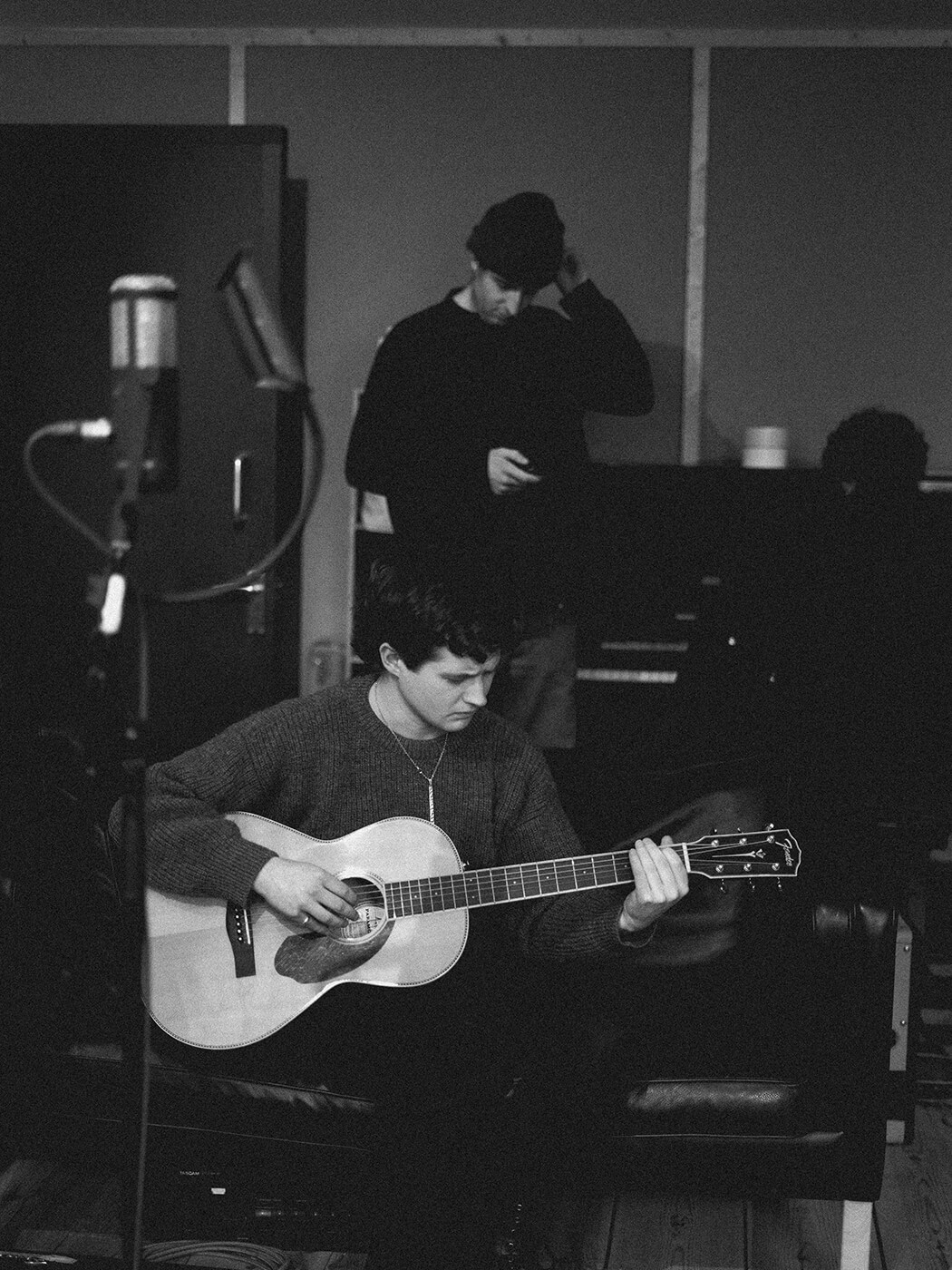
The fact that performing live enables an audience to connect to the emotions of the songs is also important for Egg. “Songwriting is free therapy, but there’s also the human element of dance music – connecting on an emotional level as well.”
When asked what people can expect from a Porij gig, Egg is surprised by the abstract answers that each bandmate gives, with the words scintillating and visceral cropping up. Instead, Egg settles on “beautiful chaos”, while Nathan gives a very literal answer: “You can watch four people trying to juggle instruments while figuring out how to play dance music live. I think that’s quite a lot of it.”
He relates this to the band’s recent shows for Independent Venues Week, which included an intimate first performance of Teething, from start to finish, at Cambridge pub The Portland Arms. “All of our brains were working at a million miles an hour, trying to figure out how to do it,” Nathan says, detailing that their live set up includes Egg on vocals and synths including a Prophet-12 keyboard and a Roland JV-1080 for piano sounds.
While it was initially a challenge, Egg chimes in to say that their live show is more crafted now several months down the line. “What you can expect is high-octane moments and… pure unadulterated joy. You’ll be crying, dancing and sweating.”
While it’s arguably more fun to see a band perform live rather than just a DJ set, Egg recognises that – with the rise of Boiler Room – the performative aspect of DJ’ing is growing. “People want to see the music happen, visually.”
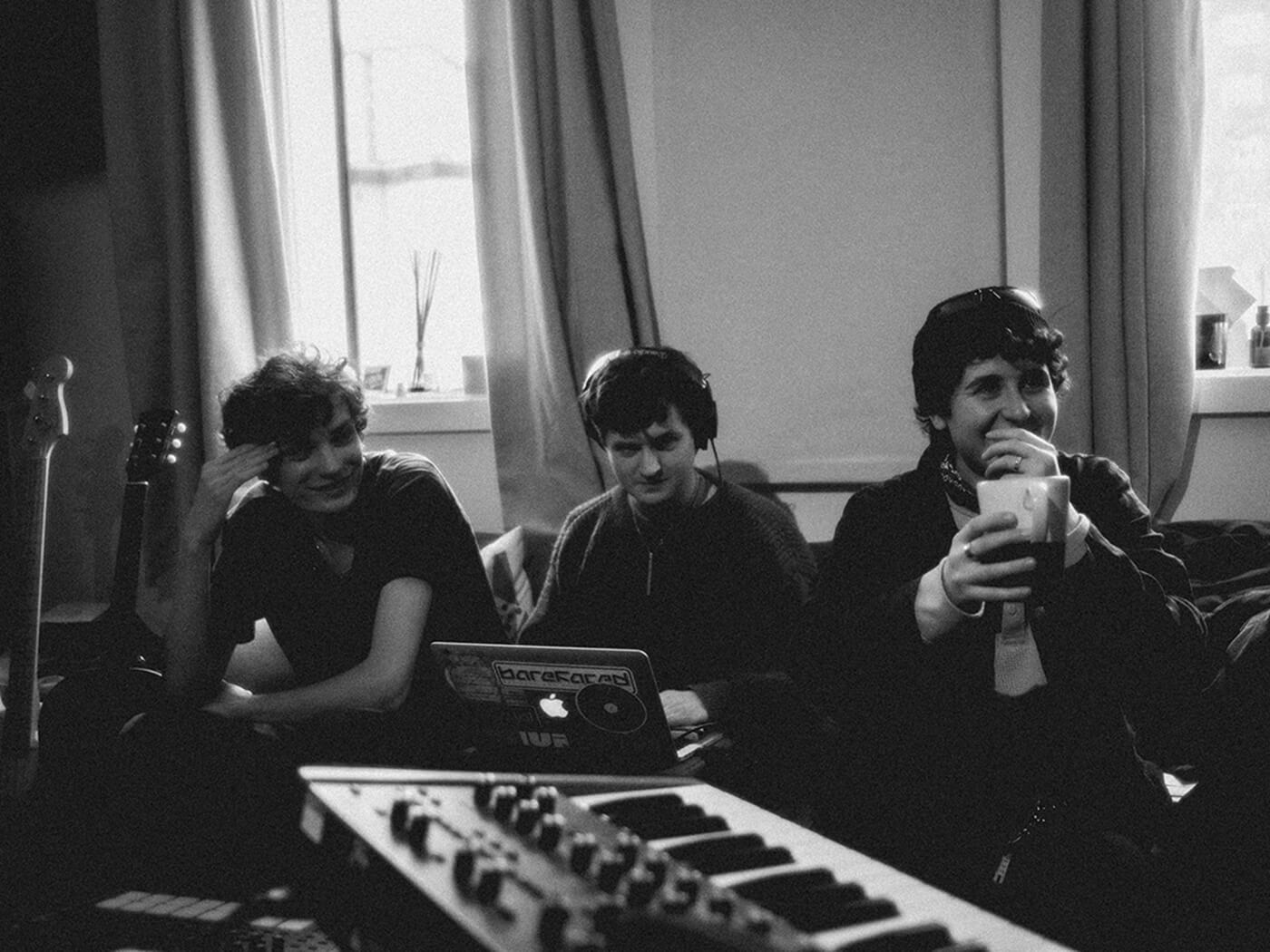
Seeing Bonobo at Glastonbury in 2022 was a particularly formative experience for the band. “That was one of the most incredible dance music live sets I’ve ever seen”, Nathan recalls, also citing Little Dragon as inspirational: “those sort of names set the pace”, he adds.
More recently, Egg has noticed that more dance acts are “definitely stepping up”, citing producers-turned-live acts such as Barry Can’t Swim. “It’s great to see.” Generally, Egg suggests this rise of big dance acts playing live is because “there’s part of you that craves that human element of dance music. I think that’s what you really get when you play live. It’s those moments of being on edge and not everything is perfect. That’s what really makes me attach to the music and draws me into the gig; those human imperfections in dance music make it so exhilarating.”
In terms of the wider dance scene, Egg thinks it’s in an exciting place. “Obviously, it’s been having a huge resurgence amongst the mainstream media over the past few years, but I think it’s going to new levels and you have loads of artists blurring those sub-genres and getting a bit crazy with it. I’m just having the time of my life because I think going clubbing right now is so exciting.”
While Egg points out the decline of small clubs – “it’s a big shame because we really need grassroots venues – in terms of the music that’s coming out, I think we’re in a really exciting spot”.
Nathan echoes this sentiment: “when you see acts like Overmono and Joy Orbison doing a track with a grime artist – all of these genre-crossover collaborations – I think that is super exciting, because everyone’s inspired by those sub-genres that came up when dance music first started happening”. Consequently, he says “all the blurring of the lines is making for some really exciting music”.
“People are always going to want to move,” Egg enthuses. “It’s something we need!”
‘Teething’ is out now on Play It Again Sam
